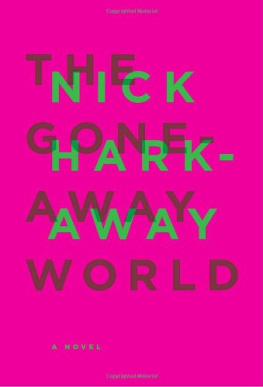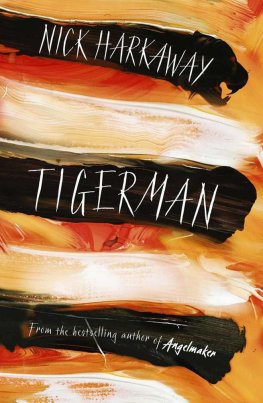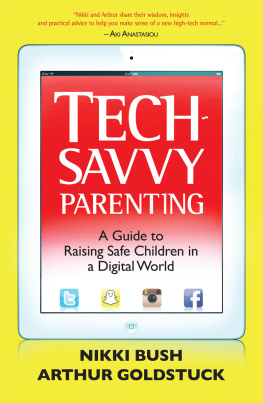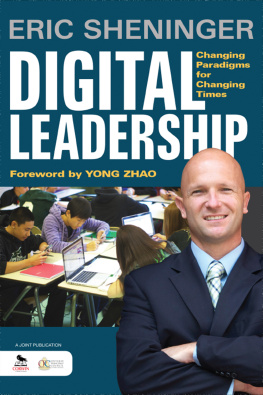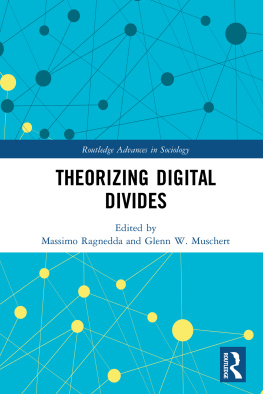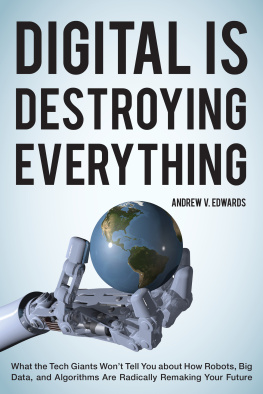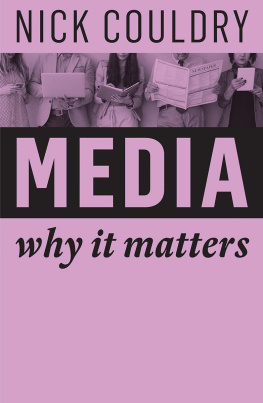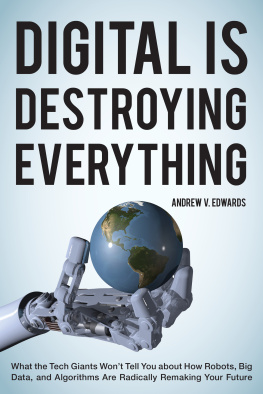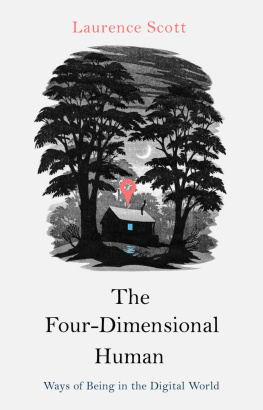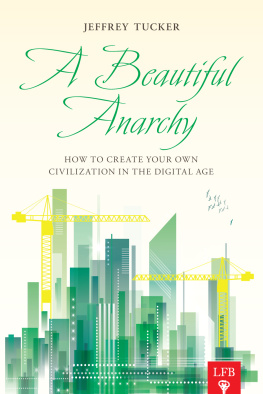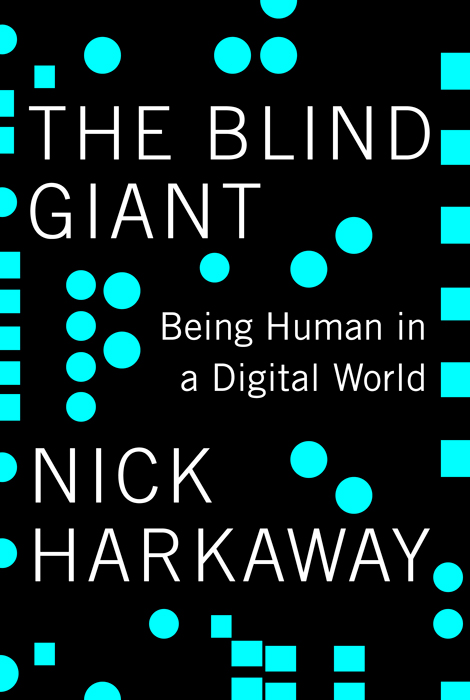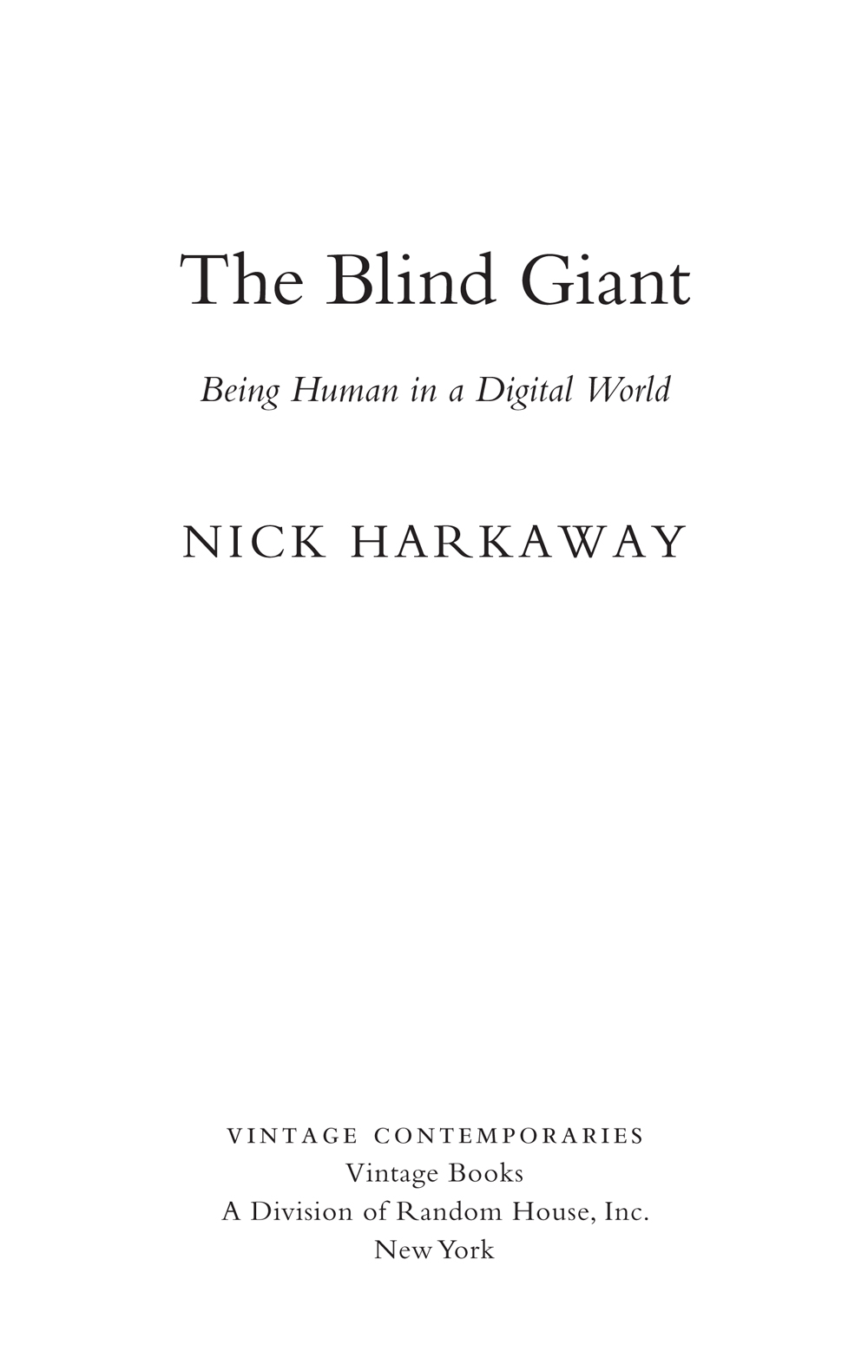A VINTAGE ORIGINAL, MAY 2012
Copyright 2012 Nick Harkaway
All rights reserved. Published in the United States by Vintage Books, a division of Random House, Inc., New York. Originally published in Great Britain by John Murray Publishers, a division of Hachette UK, London, in 2012.
Vintage and colophon are registered trademarks of Random House, Inc.
This is a work of fiction. Names, characters, places, and incidents either are the product of the authors imagination or are used fictitiously. Any resemblance to actual persons, living or dead, events, or locales is entirely coincidental.
Cover design by Jason Booher
Vintage eISBN: 978-0-345-80372-6
www.vintagebooks.com
v3.1
To
everyone who has ever taught me:
thank you
Knowledge is power, but it is a power reined by scruple, having a conscience of what must be and what may be; whereas Ignorance is a blind giant who, let him but wax unbound, would make it a sport to seize the pillars that hold up the long-wrought fabric of human good, and turn all the places of joy dark as a buried Babylon.
Daniel Deronda
Explanatory Note
Throughout The Blind Giant, you will find printed hypertext links (for anyone new to the digital world and thinking about taking their first steps, those are the messy strings of letters and characters.) If you click on these links or type them into your web browser, you will find yourself at the books website, where you can share a fragment of the text with friends and invite discussion, or dive into whatever conversations may already be under way. From time to time, you may also find additional thoughts from me or from others on the topics covered in the book: the pace of events is so fast, and the debates so intense, that in the month or so since I finished editing the main text Ive seen four or five things I wish I could have included. Some of these have fractionally changed my opinions and others have confirmed them. Thoughts on paper are fixed, but the world moves on.
Contents
Introduction
Dreams and Nightmares
T HIS IS THE nightmare world, the place where all the bad things are:
A child sits goggled in a chair, senses open to a tsunami of babbling media: violent games, meaningless shotgun blasts of movies and TV shorn of context and plot, semi- and outright pornographic images, musical mash-ups and plagiarized, bastardized art. The child cannot concentrate on lessons in school or build relationships in the real world and is as a consequence completely emotionally shut off. This is all they are interested in: plugging in to a pleasure machine. Real life is boring. The childs health, unsurprisingly, is poor, limbs flaccid and body weak.
The childs parents carry cellphones and rarely make eye contact with one another because they are emailing and texting. Often they sit in separate rooms because they are always connected, trivially, in the Cloud. If they read books on their devices, or newspapers, they do so in a shallow, fragmented and distracted way, partially assimilating content without thinking about it, echoing it without considering it. They dont bother to learn things or try to understand them, any more than the child, because they know they can find everything through search engines. They have long since stopped trying to keep track of what their offspring is consuming, or even what laws are being broken. The monitoring and filtering software they installed a while ago has proven inadequate to restrain or protect junior.
On the other hand, both they and the child are watched at all times by dozens of corporations and banks, not to mention the local council, the police, the government and several intelligence agencies from various nations. Theres no reason to suspect them of anything beyond the endless downloading but they are watched anyway as a matter of course. Their buying habits, political beliefs, lifestyle, sexual preferences and religious convictions are all recorded. From time to time, a software system somewhere sends them information about a product they will want, and accurately assessed by the system they do indeed buy it, mostly without really thinking about it. This places strain on their financial situation, but they are barely aware of that because banks and credit companies are watching their incomings and outgoings and know just when to offer them loans. These loans are now compounded and unrepayable, the interest alone sufficient to tie them to their present social and commercial classification, keep them working hard at the jobs they have rather than risking the job market, even when the terms of their contracts become draconian.
Finally, when stress, poor diet and lack of exercise take their toll, these people become sick, and are treated according to a system of quotas devised by a machine at a healthcare provider. The machine knows that there are various ways to treat them, and selects the one which is an acceptable compromise between patient care and healthcare-provider profit. Actuarial sub-systems calculate the likely length of their lives and encourage them towards habits which will not put too great a strain on the corporate or public purse. There is no discussion of whether this is the best solution from their point of view, because they dont ask. If the machine proposes it, it must be.
Outside, in the city in which they live, everyone is the same. When they meet, they do so in order to video it and put the video online. They live entirely in reflection of themselves. They dont engage politically because theyre only really interested in the next gadget. Their libidos are ruined by images of physical perfection and moral depravity which have replaced their natural sex lives. They have become isolated from one another and society as a whole, each living in his or her own technological bubble, opinions reinforced by news articles and clips culled to agree with their prejudices and uninformed preconceptions of whatever residual political stripe. The problems of the world around them are irrelevant, except where they impinge directly on their own lives, and in these rare cases they often believe bizarre, xenophobic theories of conspiracy to avoid consideration of their own culpability in the way everything works. They are sheep, herded by commercial interests; government is reduced to the role of debt collector, corporate enforcer and policeman.
Through these wretched Eloi move sinister Morlocks: terrorists and child abductors and sexual stalkers whom the police are powerless to identify, so deftly do they manipulate the digital environment. All that open data, shared in exchange for games and trinkets, heedless of the possible risk, makes the population an endless, soft-shelled smrgsbord to predator entities of all kinds. This in turn engenders paranoia and a fear of the outside world. People stay in more, demand more surveillance rather than less, yield their rights and their privileges in exchange for a delusion of security.
The situation is locked in, self-reinforcing. Lock-in is the bane of technological and systems-based societies, a condition in which a historical choice such as driving on a particular side of the road, made for what were then good and sufficient reasons (allegedly because a right-handed swordsman on horseback would always keep his weapon between himself and an oncoming stranger), is so embedded or buried in subsequent choices and infrastructure (the way we learn to drive, the way our cars are made, the way our roads are constructed) that changing it becomes impossible even if rationally in the modern context it might be better to do so. Thus something is locked in, because while we might wish to break out of it, we cannot do so without also unravelling everything that has been constructed on top of it, and many of those things are hugely profitable and hence powerful and able to defend themselves. They refuse to be undermined, even while the individuals within them might privately recognize the need. The petroleum industry could be seen as the perfect example of lock-in: it and its dependent transport and manufacturing industries fighting tooth and nail to preserve a dominance in world affairs and commerce which must eventually crash, and which in any case is wrecking our planets ecology.


